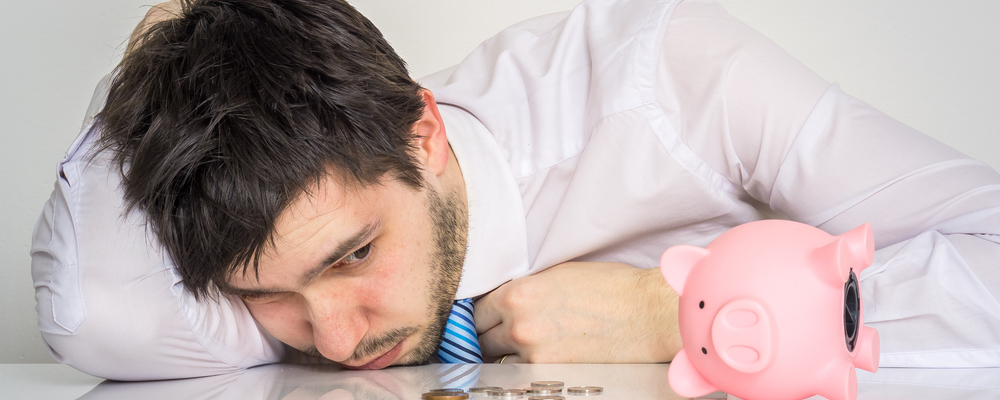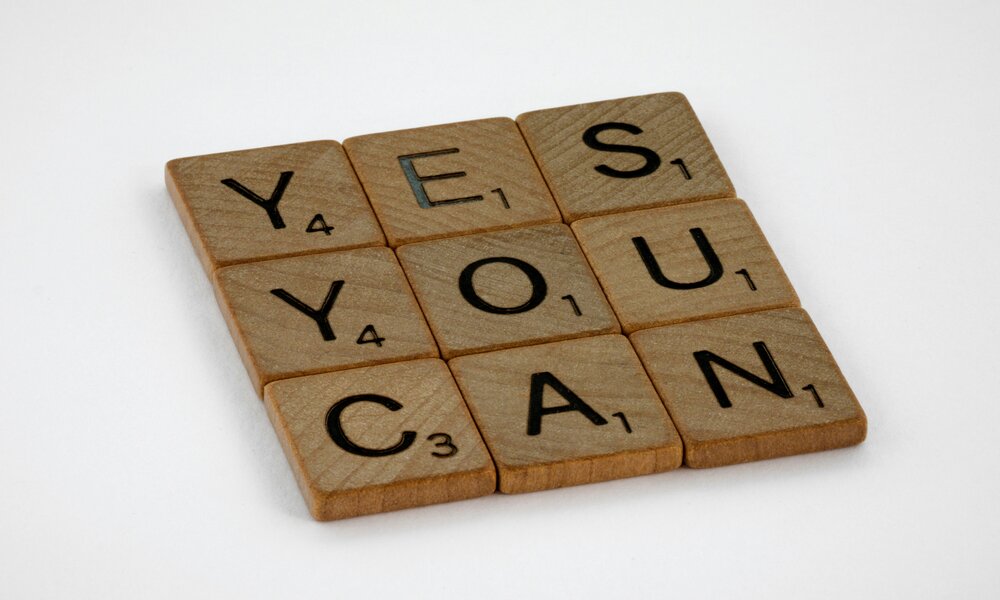Have you ever wondered why your bank account doesn’t reflect the profit you’re making? Your profit and loss says one thing, but looking at your bank account you’re wondering how you’re going to make payroll tomorrow.
Don’t worry you’re not alone. Read on to find out why…
1. Tax payments
For many businesses, the profit and loss doesn’t show the tax payments you’re making. And even if it did, the timing of those tax payments is very different to what is in the profit and loss.
2. Asset purchases
If you’ve purchased a new asset (or you’re paying a new asset off in regular instalments) these will drain your cashflow, but they are not reflected in your profit and loss. Instead they are reflected in your Balance Sheet.
3. Asset sales
An asset sale will give you cashflow but is not treated as income and therefore not reflected on the profit and loss. Instead, they reduce your investments in assets on your balance sheet.

4. Drawings to owners
Funds that you take for yourself to live come out of the investment you have made in the business. As your living costs are not a business expense, these drawings do not reduce your profit.
5. Increases / decreases in debtors
Your profit and loss records what you have invoiced to your customers in any given period, not what you have collected. If there is a build-up in debtors you will reduce your cash as you are still going to have to pay out for the costs that were incurred in making those sales. The great news is that, if you reduce your debtors balance by collecting your debtors quicker, you increase your cash and pay no more tax!
6. Increase / decreases in stock or work in progress
Your profit and loss records what stock or work in progress has been ‘consumed’ in the sales you have made. If your stock increases and has not yet been sold, then you have used up your cash but not made any difference to your profit for that period.
7. Increases / decreases in creditors
Like with debtors, your profit and loss records the expenses you have had in the period. If you haven’t yet paid for some of these expenses out of cash then your profit will be lower but your cash will be higher.
8. Loan repayments
Paying principal off your loans is not a business expense (so doesn’t get reflected in the profit and loss) but it definitely reduces your cash.
9. Depreciation
This is a way of gradually spreading the cost of your fixed assets like plant and equipment and vehicles over their useful lives. Depreciation is therefore recorded as an expense in the profit and loss but has no impact on your cash position.
Pathfinder Solutions advisory team members have either owned or managed businesses, or are investors themselves, so we know first-hand the challenges you face in your world.
Sure we’re Accountants, but the best solutions in business come from focusing on more than just the numbers. Our real-world business experience delivers just that.




